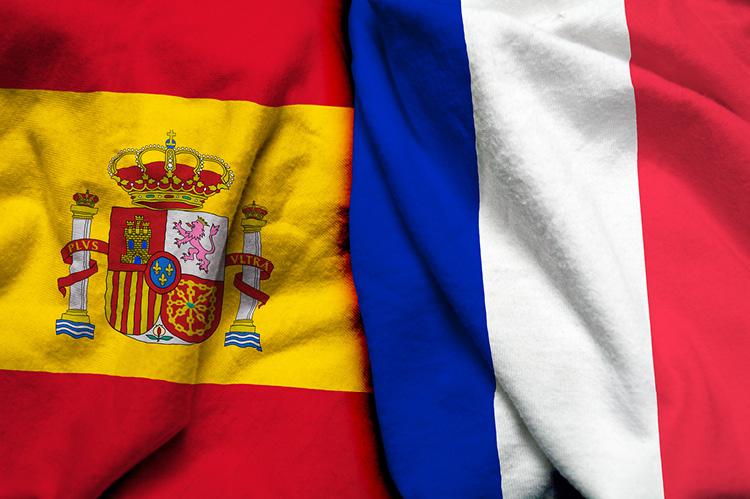Russia's War in Ukraine Revives the Stalled MidCat Gas Pipeline Connecting France to Spain

The Russian invasion of Ukraine has led to more than imaginable changes in Europe's security architecture and a new normal as the EU member states strive for alternatives to Russian energy. Following the invasion of Ukraine, Madrid has called for the revival of the MidCat gas pipeline planned to connect France and Spain to reduce Europe's energy dependence on Russia.
The famous190-km MidCat (Midi-Catalonia) pipeline was first launched in 2003 to pump gas from Hostalric in North Barcelona to Barbaira in Southern France. But, the project was abandoned in 2019 after it was rejected by energy regulators from the two countries due to concerns over its profitability and environmental impact.
Despite being an idle project abandoned many years ago, the pipeline is now viewed as one of the projects that could help Europe wean off Russian gas. The European Union vowed to boost its gas independence from Russian supplies, which account for 40% of the EU's gas demand.
Southern Spain is already linked to gas-rich Algeria by the 750-km Medgaz pipeline. GME, another underwater pipeline, also links Algeria to Spain through Morocco. However, this pipeline was shut down in November after a diplomatic row between the two North African countries.
With six LNG terminals in Spain where the LNG transported by sea is regasified and stored, gas from Algeria into Spain could then be transported to other parts of Europe through the MidCat. According to EU commissioner Ursula von der Leyen, the MidCat pipeline can reduce the EU's dependence on fossil fuels and end Russia's threat of halting gas supplies to the bloc.
Challenges that MidCat Revival Could Face
The MidCat project is likely to face several hurdles, including its high cost, estimated at $460 million and the several years (3-4) that it would take before entering operations. According to Jean-Michel Casa, France's Ambassador to Spain, the project is not a short-term solution.
Besides the hefty price tag associated with the project, France is not connected to Germany, the leading European country heavily dependent on Russian gas.
The Overwhelming Support
MidCat has received support, especially from Spain, whose authorities have urged Brussel to declare it to be of "community interest." Although France has been a bit reserved, it seems to be changing its position, according to Spanish Energy Minister Teresa Ribera. However, Madrid anticipates the project funding to come from the EU, which would be the beneficiary.
Spain would also want the project to align with green hydrogen transportation, hoping that this will appeal to Brussels, which is keen on financing renewable energy projects.

